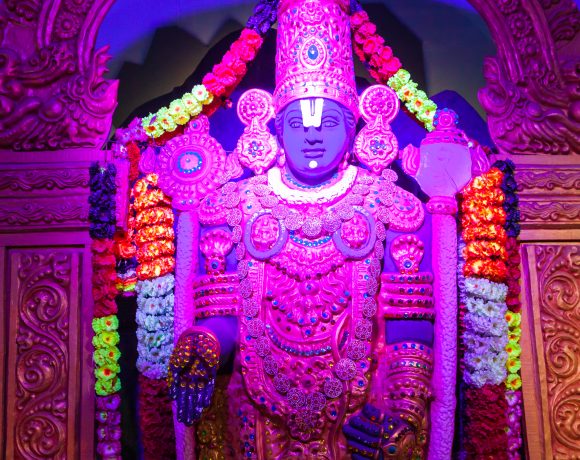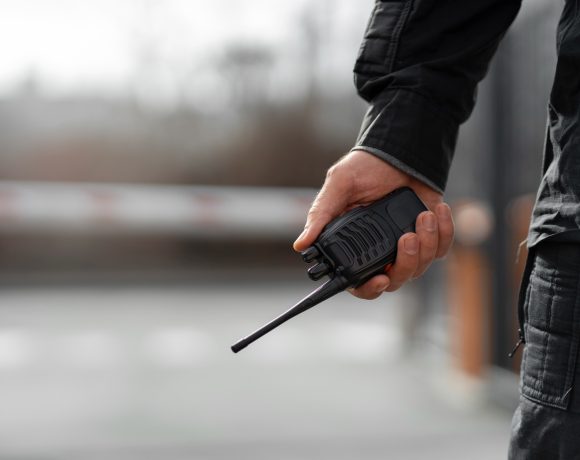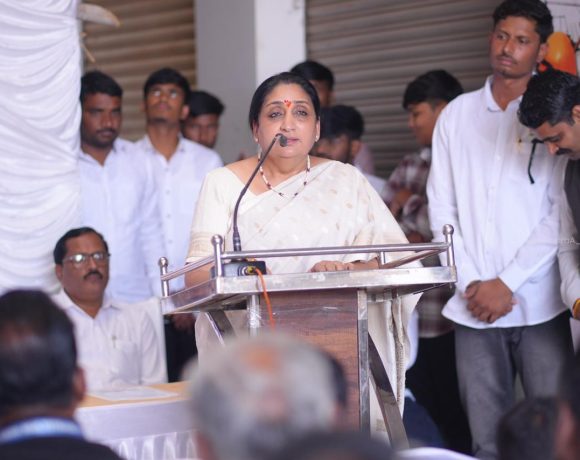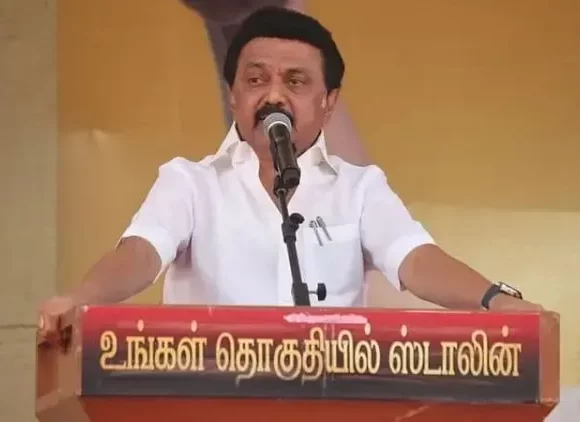
DNA and RCB Move HC to Quash FIR in Chinnaswamy Stampede Case
DNA Entertainment Networks Pvt Ltd and Royal Challengers Bengaluru (RCB) have filed separate petitions before the Karnataka High Court seeking to quash the FIR registered against them in connection with the June 4 stampede at Bengaluru’s M Chinnaswamy Stadium. The tragic incident, which occurred during the IPL victory celebrations, left 11 dead and over 50 injured.
Stampede FIR faces challenge
The FIR names DNA, RCB, and several officials under sections related to culpable homicide, negligence, and unlawful assembly. However, the petitioners have argued that the event was not organized by them in a public capacity, and that the gathering turned uncontrollable only after Chief Minister Siddaramaiah issued an open invitation on social media urging fans to join the celebration.
DNA’s legal counsel stated that the “open invitation by the Hon’ble CM transformed what was a restricted-access event into a public gathering,” thereby shifting the onus of crowd control to state agencies, especially the police. The petitioners claimed they had made necessary arrangements for pass-holders only and had coordinated with law enforcement in advance.
Karnataka HC hearing and interim relief
Justice S.R. Krishna Kumar, presiding over the matter, reserved judgment and granted interim protection from arrest or coercive action until the next hearing on June 12. The High Court has also sought clarity on whether all accused parties, including the Karnataka State Cricket Association (KSCA), were being treated similarly under the FIR, or if there was selective targeting.
The court observed that the inclusion of private organizers under charges like “unlawful assembly” and “culpable homicide” requires deeper examination, especially if there was no clear intent or active participation in inviting the general public.
Event organizers claim political scapegoating
In their petition, RCB highlighted that entry was intended only for registered fans and personnel with official passes. They argued that celebratory tweets and promotional materials did not amount to a general call for attendance. They have also pointed out that in the aftermath of the stampede, political narratives began shifting blame onto them instead of addressing administrative failures on the part of the state machinery.
Legal representatives further noted that the Chief Minister’s public invitation set off a chain reaction, leading to thousands of unregistered individuals attempting to enter the venue, overwhelming the infrastructure in place.
Next steps and broader implications
The High Court has fixed the hearing of the individual bail pleas for RCB’s marketing head and DNA’s senior management ahead of the main petition on June 12. A separate suo motu public interest litigation concerning the stampede is also under consideration.
The case is likely to set a precedent on liability during large-scale public events, particularly when private organizers and government figures share overlapping roles. The outcome may determine whether accountability for public safety lies solely with organizers or extends to elected officials who influence public turnout.


















